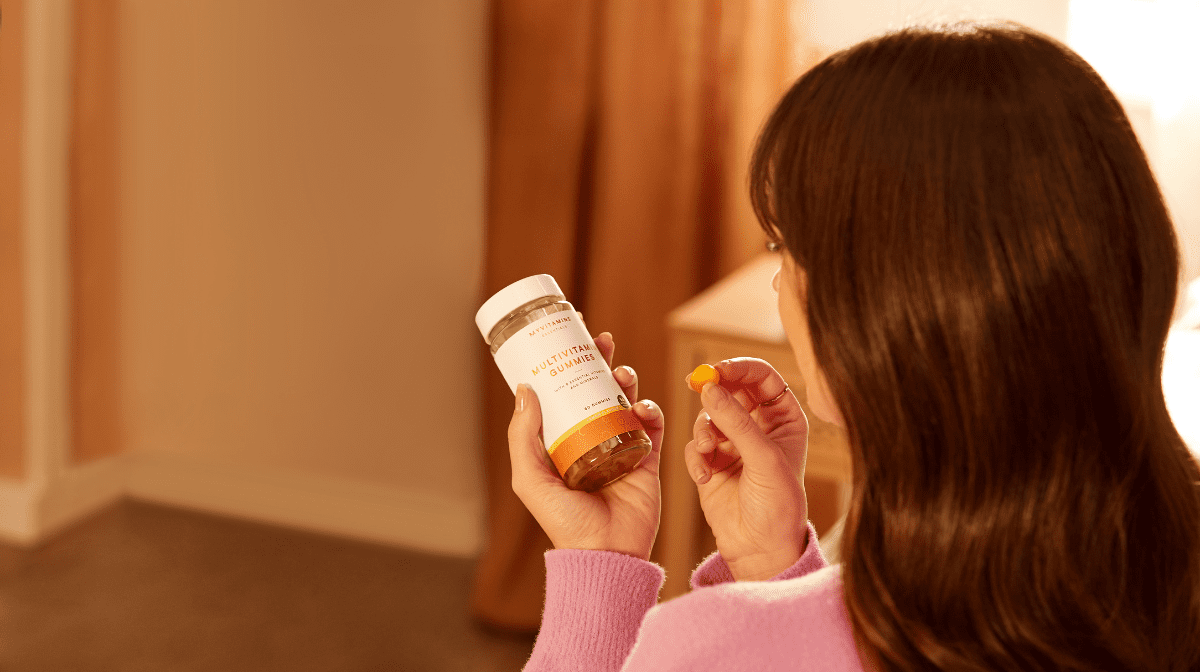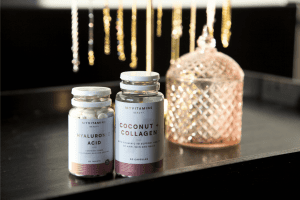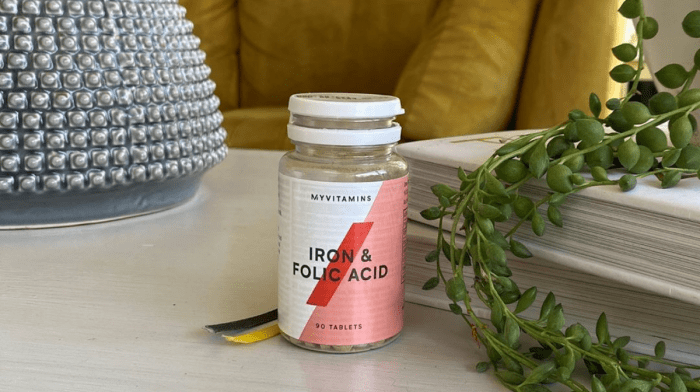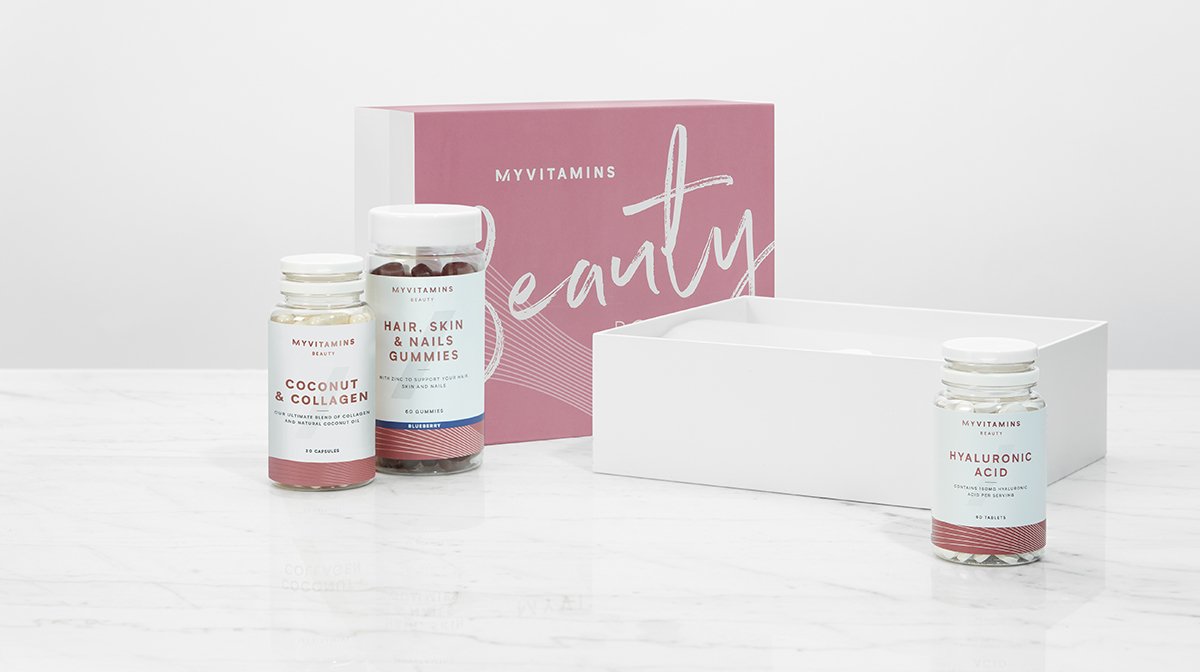Looking after your health and wellbeing is essential all year round, but summer can bring unique challenges. We spend more time outside in the sun and often do more sports and exercise, so keeping up with your nutrition is more important than ever.
Read on to learn about the 7 best supplements and vitamins to support your nutrition and wellness this summer! For each one we’ll explain its benefits, why it’s even more important during summer, and the daily intake you should be aiming for.
1. Vitamin A
Vitamin A, an essential nutrient, plays a crucial role in maintaining overall health and wellbeing. It is a fat-soluble vitamin that supports various bodily functions, including vision, immune system function, cell growth and differentiation, and reproductive health.
Benefits Of Vitamin A
Vitamin A is best known for its role in promoting healthy vision, particularly in low-light conditions. It helps maintain the integrity of the cornea and plays a vital role in the formation of visual pigments in the retina, contributing to clear and sharp eyesight. Additionally, vitamin A supports the immune system by enhancing the production and function of white blood cells, which are essential for fighting off infections and diseases.
In addition to its role in vision and immune function, vitamin A is crucial for healthy cell growth and development. It aids in the maintenance and repair of epithelial tissues, such as the skin and mucous membranes, acting as a barrier against pathogens and environmental toxins (1).
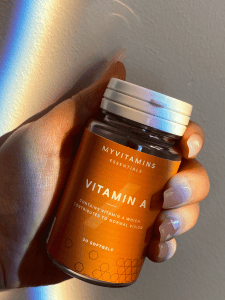
Why You Need Vitamin A In Summer
Vitamin A is important in the summer for several reasons. Firstly, it plays a role in maintaining healthy skin, which is especially relevant during this season when we tend to spend more time outdoors. Exposure to the sun’s ultraviolet (UV) rays can lead to oxidative stress and damage to the skin. Vitamin A acts as an antioxidant, helping to neutralise free radicals and protect the skin from UV-induced damage.
How Much Vitamin A Per Day?
The amount of vitamin A adults (aged 19 to 64) need is:
- 700 µg a day for men
- 600 µg a day for women


